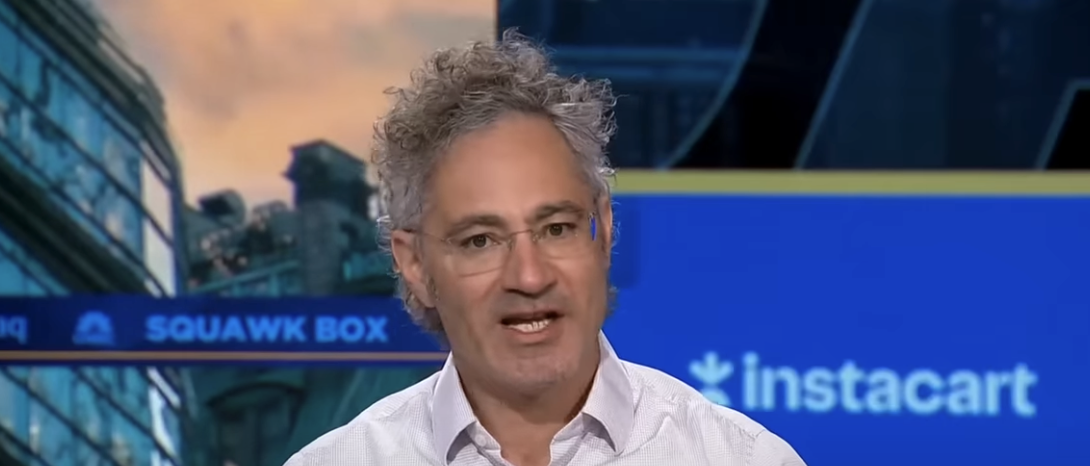Palantir CEO Alex Karp has warned that the Democratic Party is “committing suicide” over its refusal to engage with “real-world concerns”.
In a recent interview with CNBC, the outspoken CEO argued that the party’s unwillingness to acknowledge fundamental issues — such as border security and national defence — mirrors a broader crisis of legitimacy across Western institutions. “The Democratic Party is committing suicide,” Karp said. “It’s because we’re not allowed to admit the truth. We literally have to say that anything ever uttered by the opposition must be wrong, including fundamental things like national security and border control. This self-imposed blindness is leading to collapse.”
Karp, a self-described political progressive, has frequently criticised both sides of the political spectrum but insists that the Left’s focus on trivial issues has made it increasingly irrelevant. Referring to DOGE’s efforts to cut fraud, waste and abuse from the federal government, Karp claimed that the Left’s criticisms of Elon Musk were “yet another example of the progressive Left boxing themselves into a suicide dance”. Karp went on to describe Musk as “the most important builder in the world” and called on the Left to let “the most qualified person in the world” perform his duties.
The Palantir CEO also weighed in on the X owner’s growing involvement in global politics, particularly Musk’s engagement with Right-wing movements in Europe. While he refrained from endorsing Musk’s positions, Karp suggested that the real issue is the failure of traditional institutions to adapt to rapid technological change. “We are in a software-defined world,” he said. “And the nation that leads in software is the USA. If you don’t get on board with this reality, you are going to be washed away.”
According to Karp, political and institutional leaders who ignore these shifts are losing relevance. “The pendulum isn’t going to swing back,” he said. “People think things will return to ‘normal,’ but they don’t understand that the train is leaving the station. If you’re not on board, you’re getting left behind.”
These comments reflect his broader belief that Western societies must embrace a results-driven approach rather than one dominated by ideological purity. He cited Germany, where federal elections are taking place on 23 February, as one example. “In Germany, if you even bring up migration, you’re labelled a bigot,” the billionaire businessman said. “This means that policy is dictated by a tiny faction that refuses to engage with reality. The result? Crime rates spike, terror attacks happen weekly, and yet the political class focuses all of its energy on condemning the far-Right rather than addressing the underlying issues.”
Karp suggested that this dynamic is driving ordinary Germans toward the Right-wing Alternative for Germany (AfD) party, despite its controversial reputation. “I know so many Germans who never would have considered voting for AfD four weeks ago,” he said. “Now they’re saying, ‘Screw it, I’m voting for them.’”
He emphasised that this shift is not due to ideological alignment but rather frustration with a political system that suppresses debate. “You’re not allowed to say, ‘This isn’t working,’” Karp explained. “And when people aren’t allowed to speak, they turn to whoever will listen.”










Join the discussion
Join like minded readers that support our journalism by becoming a paid subscriber
To join the discussion in the comments, become a paid subscriber.
Join like minded readers that support our journalism, read unlimited articles and enjoy other subscriber-only benefits.
Subscribe